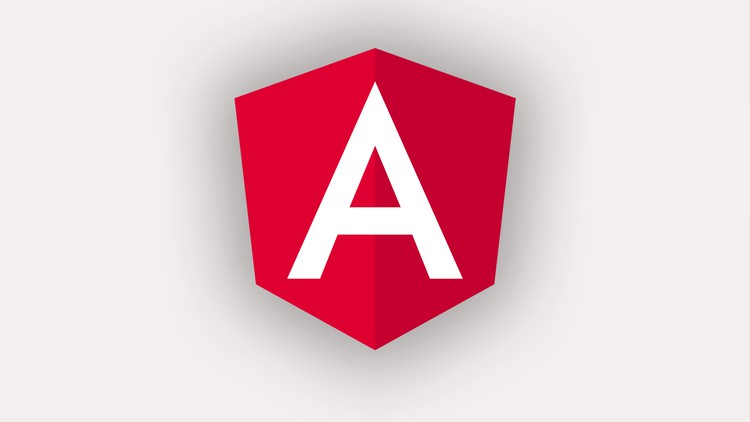
Learn all you need to know to build an application using Angular
What you will learn
Template-Driven Forms
Reactive Forms
Simple Form Validations
Building Complex Form Validations
Description
Bootstrap is a popular front-end development framework that plays a significant role in modern web development, and its importance is equally apparent when used in Angular applications. Integrating Bootstrap into Angular applications offers several advantages:
- Responsive Design: Ensures optimal viewing across various devices.
- Consistency and Speed: Pre-built components save time and maintain a uniform appearance.
- Customizable: Tailor the framework to create unique designs.
- Cross-Browser Compatibility: Functions consistently across different browsing environments.
- Streamlined Development: Focus on application logic rather than design and layout.
The components that you will be using throughout this course have been created in the ANGULAR – BEYOND FUNDAMENTALS – PART I course which you can check in my profile. In this part, you will design the same components using Bootstrap v5.3+.
You will learn how to:
- Creating visually appealing Angular components using Bootstrap v5.3+ for responsive designs
- Enhancing Angular components with Bootstrap icons for intuitive user interfaces
- Leveraging existing Bootstrap components to develop innovative and functional designs
- Implementing best practices for maintainable and scalable Angular applications with Bootstrap integration
This is Part 3 of the course, so to get the most out of it would be best to watch the Part I and Part II of the course. By completing all parts, you’ll gain a well-rounded understanding of Angular Directives and add additional behavior to elements in your Angular applications.
Embrace the opportunity to learn from real-world examples, and take your web development expertise to new heights. Join us on this exciting journey and transform your Angular projects into highly-responsive and user-friendly experiences.
Content